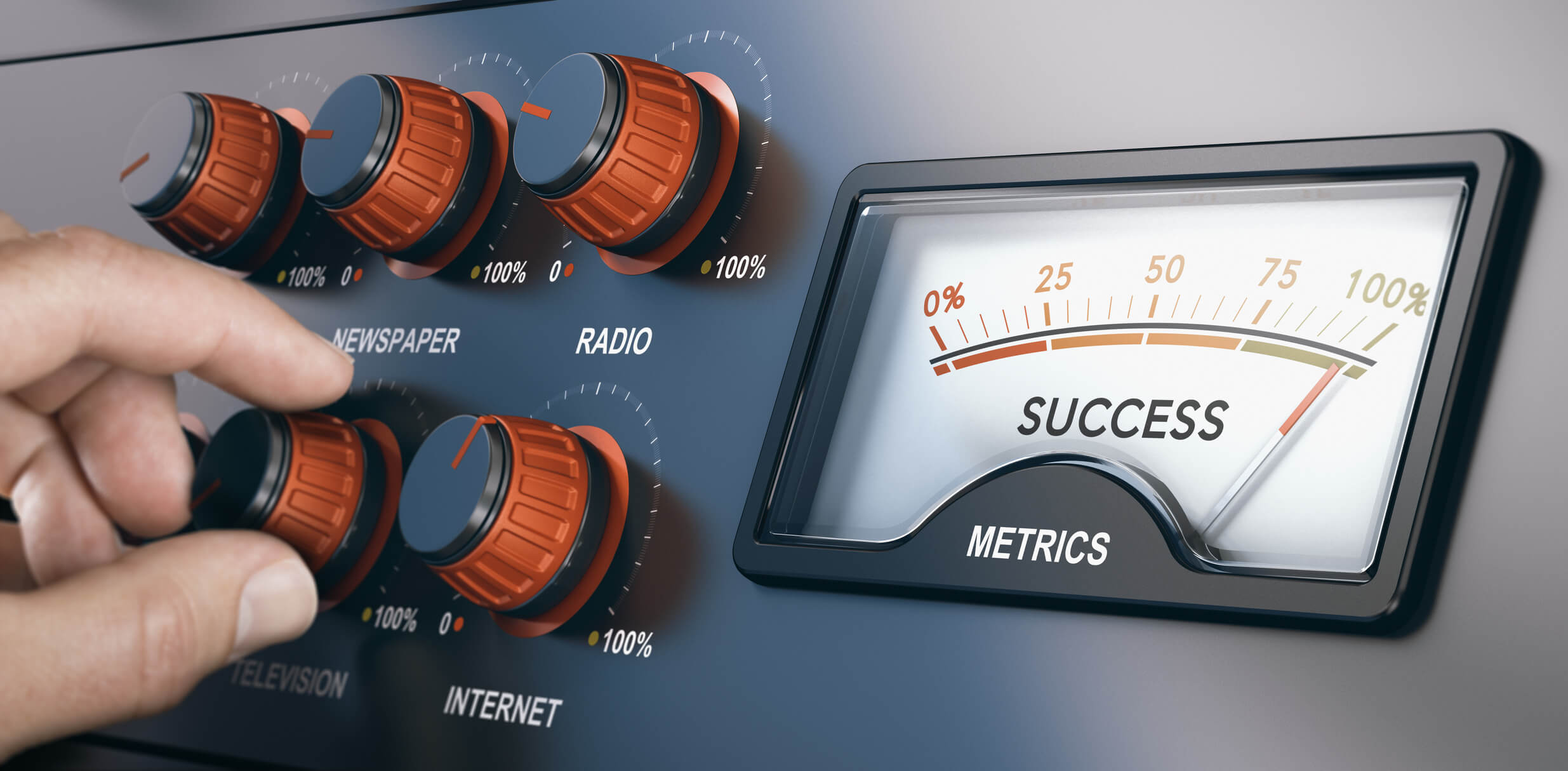A successful business is not only about selecting the correct market or having a high-quality product. It is also about using the proper marketing techniques to reach your target audience and convert them into leads or customers.
It’s an age-old debate – whether digital or traditional marketing is better. Traditional advertising was pretty much the only option until the development of the internet in the ’90s. Even in 2020, this debate is still being discussed and is ongoing. Traditional advertising is proven to be successful, but advances in technology have opened many new alternatives for both targeting and placements. Read more to see what method we think should win the great debate.

Traditional Marketing
Traditional marketing is offline. These channels include magazines, newspapers, television, radio, direct mail, and billboards, to name a few. Traditional marketing is about reaching a large general audience, as we marketers say. It is where general aspects concerning age, sex (sexual orientation), location (area of influence), salary (social level), and audience studies (statistics) are; the more people that see your ad, the more leads you have, the more potential to attract.
Pros of Traditional Marketing
Traditional advertising can be very effective if your target audience is an older demographic. Audiences ages 50+ spend twice as much time reading the newspaper and watching TV as those ages 21-34.
Traditional marketing is suitable for businesses looking to build a large local audience. A small business can easily compete for the attention of a local audience through flyers, billboards, and radio commercials rather than trying to compete for digital space against larger firms.
TV or radio commercials will play multiple times and remind the audiences of the business, whereas consumers may skip digital marketing items.

Cons of Traditional Marketing
Traditional marketing is a one-way street where a company informs its target audience about its product or service but does not allow customers to connect with the business.
It can be hard to track the return coming from traditional advertising, and usually, the starting cost is higher when compared to digital advertising.
Often, traditional marketing is expensive. A small brand typically will need more money for a national campaign. Consider production costs for TV commercials and the cost of the ad itself.
Digital Marketing
Digital marketing began as simple ads on the internet. Now, digital marketing encompasses many different channels online and through digital devices. It is constantly evolving and changing with new technology. Digital marketing includes paid social media ads, email marketing, and PPC advertising – among many others. Because of technological advances, this advertising strategy focuses on efficiency and less on volume.
Pros of Digital Marketing
Digital marketing campaigns are easy to measure. The in-depth tracking lets you tweak your campaigns in real-time to get the best results.
Typically, digital marketing strategies costs are much lower than traditional advertising and often have a better ROI.

Targeting digital advertising is much more precise. Instead of casting a huge net and hoping some people will find your messages compelling. You can target the exact type of person you would expect to interact with your brand, down to shopping habits, social media interaction, and what websites they’ve visited.
Cons of Digital Marketing
Let’s face it – digital ads can be annoying! Because of this, some users have ad blockers, so they do not see banner ads, and other ads can be hidden or removed if a user pays for a premium service.
Ads like Google ads, banner ads, and promotional emails are short-lived. They’re intangible and easy to ignore.
Even though it has been over 20 years since digital ads became an option, the great debate between digital and traditional marketing continues. Although many businesses are turning to digital marketing, traditional has its time and place. When trying to choose between the two, why not look at both?
Every company has different needs, budgets, and goals. Many successful marketers combine digital and conventional marketing to reach their target customers and achieve their objectives more efficiently. With both sides of this debate having winning attributes, digital and traditional marketing are most potent when working together.
 About Complete Controller® – America’s Bookkeeping Experts Complete Controller is the Nation’s Leader in virtual bookkeeping, providing service to businesses and households alike. Utilizing Complete Controller’s technology, clients gain access to a cloud platform where their QuickBooks™️ file, critical financial documents, and back-office tools are hosted in an efficient SSO environment. Complete Controller’s team of certified US-based accounting professionals provide bookkeeping, record storage, performance reporting, and controller services including training, cash-flow management, budgeting and forecasting, process and controls advisement, and bill-pay. With flat-rate service plans, Complete Controller is the most cost-effective expert accounting solution for business, family-office, trusts, and households of any size or complexity.
About Complete Controller® – America’s Bookkeeping Experts Complete Controller is the Nation’s Leader in virtual bookkeeping, providing service to businesses and households alike. Utilizing Complete Controller’s technology, clients gain access to a cloud platform where their QuickBooks™️ file, critical financial documents, and back-office tools are hosted in an efficient SSO environment. Complete Controller’s team of certified US-based accounting professionals provide bookkeeping, record storage, performance reporting, and controller services including training, cash-flow management, budgeting and forecasting, process and controls advisement, and bill-pay. With flat-rate service plans, Complete Controller is the most cost-effective expert accounting solution for business, family-office, trusts, and households of any size or complexity.




